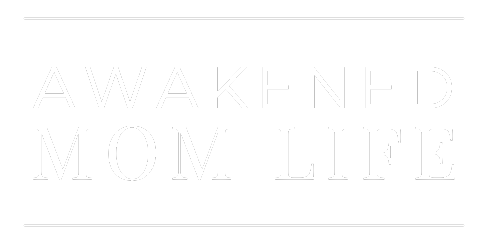When we come into this world as newborns, we depend entirely on our caregivers for survival. Human evolution dictates that, as a social species, we must be part of a family for survival. Thus, from birth, we learn to sacrifice authenticity for connection unconsciously. The level of sacrifice is highly dependent on the caregiver’s role and their self-awareness in developing a healthy bond with us.
Human beings are wired for attachment because it helps ensure our safety and survival. No parent will be perfect in ensuring their child feels safe to connect authentically 100% of the time. Yet, for children raised by emotionally immature parents and/or abusive households, the shame of authenticity creates a profound disconnect.
As children of abusive, neglected households, we are constantly faced with situations where being authentic can be unsafe. We learn to appease our parents’ expectations of how we should be. In essence, we adapt to fit their mold, which trumps our innate desire to be true to ourselves–imaginative, silly, and free, which come naturally to children.
When this happens, we begin to make unconscious agreements with our caregivers.
- “If I give up this piece of myself, you’ll show me love/attention.”
- “If I hide this part of myself, I’ll fit in and not create problems.”
- “If I do this for you, you won’t hurt me.”
Here’s how this may look like in real situations…
- “If I stop showing my emotions and crying, you won’t yell at me, and I’ll feel safe.”
- “If I don’t act silly, you won’t be angry with me, and I will feel like I belong.”
- “If I don’t ask for your help when I’m in pain, I won’t make you feel uncomfortable, and you won’t treat me differently.”
As you can see, none of this is happening in the conscious mind. You don’t say these things to yourself; your conscious mind programs them.
Time and again, our parent’s behavior and our evolutionary need for closeness overwhelm our fundamental and natural impulse to be ourselves. We hide.
We begin to become a mold of what our parents want us to be; this is an adaptive survival response. For every person, the power of this survival impulse varies based on the relationship with your caregiver. If you felt very unsafe as a child, you are malleable and adapt to every situation differently.
You become a mirror in any situation to ensure you fit in and not create conflict. This cycle impacts everything from your friendships, romantic relationships, career, and so much more!
You learned that if you don’t adapt and choose to be authentic over (unhealthy) attachment, you are needy, selfish, disruptive, etc. This pattern of behavior is emotionally and mentally draining.
You subconsciously choose to sacrifice your authenticity to stay safe.
Unfortunately, for most children faced with neglect, conflict, and abuse, the evolutionary need to survive overrides the need to honor their sense of self. They lose the inner fire and become shrouded with shame, fear, and trauma. Generation after generation was taught to dim their light to please their caregivers, create attachments, and satisfy institutional and cultural norms.
“Until you make the unconscious conscious, it will direct your life and you will call it fate.”
Carl Jung
The attachment style we learn as a child creates neural pathways that dictate our behavior in adulthood. The adaptations that helped us survive as children become engrained in our everyday behavior. We all have an unconscious set of rules (or blueprint) for every aspect of our lives.

As a child, I was hyper-sensitive, leading to my becoming a peacemaker. I did not like conflict and wanted to smooth over any situation I perceived to be threatening. I didn’t like when anyone felt upset and angry, which was our household’s dominant feeling.
This pattern of behavior led me to sacrifice my needs and feelings in every situation leading to toxic and abusive friendships and romantic relationships.
As an adult, I was drawn to men who were disruptive, chaotic, and abusive. It turns out I was drawn to that behavior because it felt normal and brought out my pattern and default need to fill in the role of peacemaker. All too often, we can see the surface-level problem, poor relationships, disconnect, and turmoil. Yet, we don’t make the connection between the problem and the unconscious behavior.
Ultimately, so much dysfunction in our relationships stems from a fundamental disconnect with their authenticity.
Do you know your ACE score? Click here to take the short ACE quiz and see how your score impacts your life.














